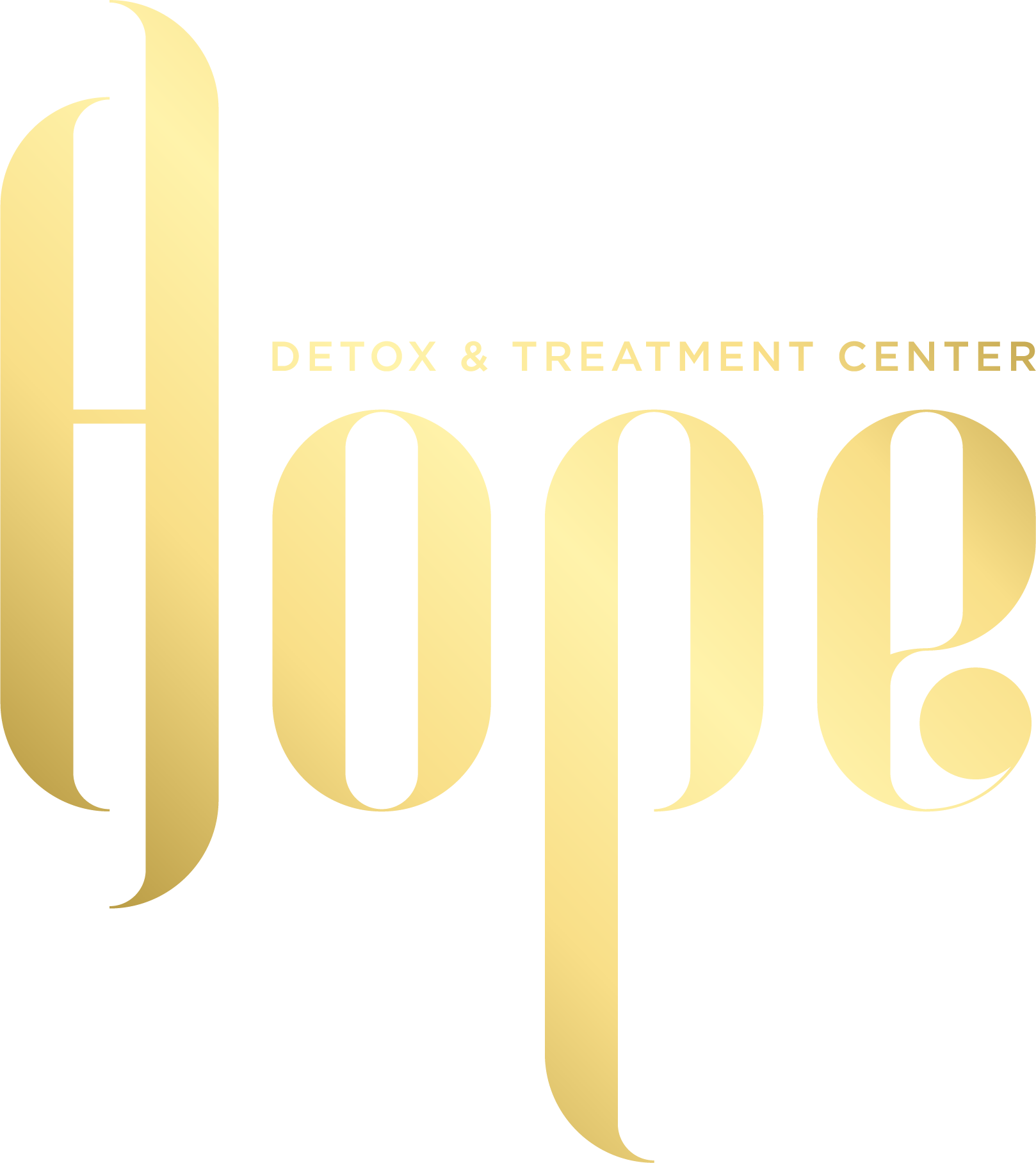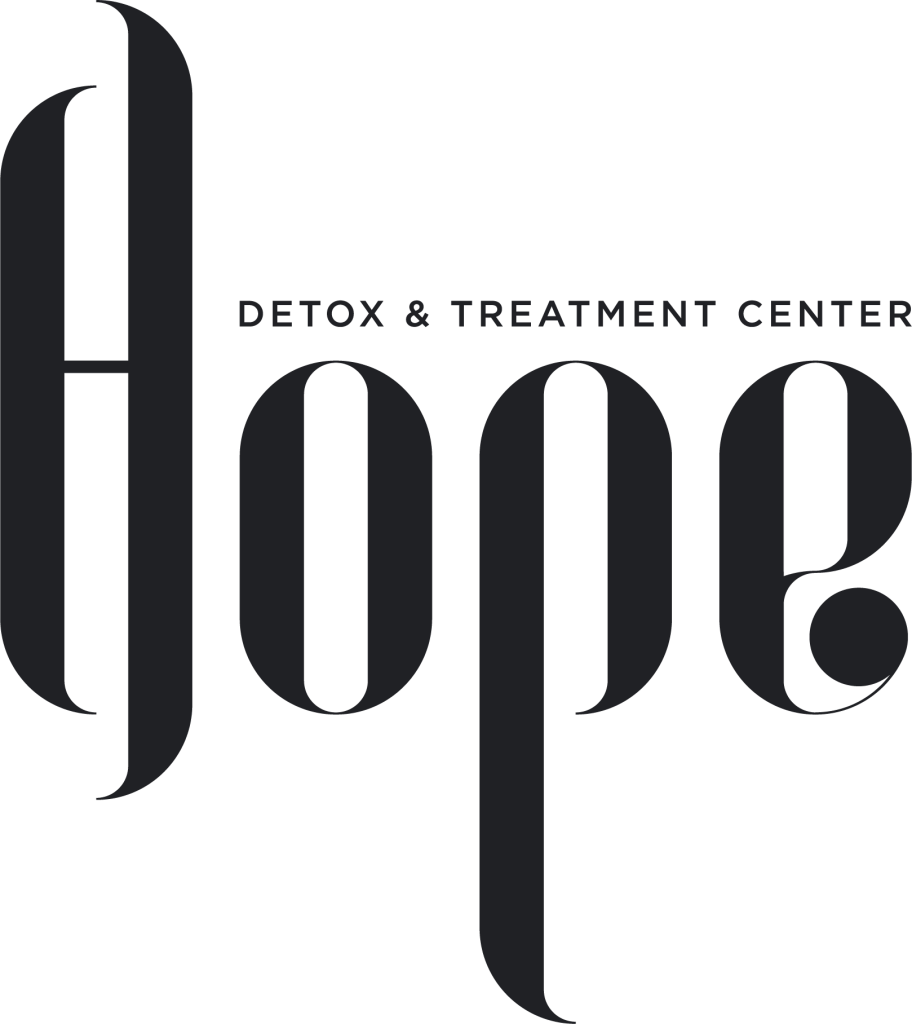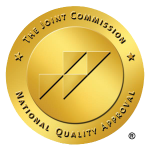Yoga Therapy For Addiction Recovery in Los Angeles

Finding the right path to recovery can be challenging, but there are alternative therapies that can offer support and healing. One such therapy that has gained popularity in recent years is yoga therapy. Yoga for recovery from addiction can be a powerful tool for individuals seeking addiction recovery in Los Angeles.
By addressing the physical, mental, and spiritual aspects of addiction, yoga offers a holistic approach to healing. Whether you are just beginning your recovery journey or have been on it for a while, consider the benefits of yoga therapy and see how it can enhance your path to lasting sobriety.
What Is Yoga Therapy?
Yoga therapy is a distinct type of therapy that integrates practicing yoga with conventional addiction treatment. Acknowledging that addiction is more than just a physical illness, it aims to bring the mind and body together and is an emotional and psychological battle. The introduction of yoga and addiction recovery into substance abuse treatment allows individuals to get to the source of their addiction and receive tools to cope with their addiction for a sustainable recovery.
Overcoming drug and alcohol addiction, the road to sobriety is not a one-size-fits-all method. Each person’s addiction journey is unique, hence, their recovery path should be personalized for the individual. This is where yoga for addiction steps in.
The holistic approach of yoga for recovery from addiction also addresses the physical, emotional, and mental traits of an individual. It is beyond the conventional methods of addictive behavior treatment as it includes a wide array of forms of yoga including linkage of asanas physical postures, breathing pranayama techniques, meditation, and mindfulness.
By introducing them into the recovery process, an individual can enjoy the following benefits. Physically, yoga classes make the body stronger, increase flexibility, and release tension. Emotionally, yoga also provides a ‘safe space’ for people to understand and deal with their emotions that are suppressed during addiction. Notably, the therapy of yoga for addiction aids in self-awareness and mindfulness, which allows individuals to understand their triggers and cravings.
Who Is A Suitable Candidate For Yoga Therapy?
Yoga therapy is appropriate for people of all fitness levels and body types. It can be altered to take into consideration physical limitations or disabilities. Yoga for addiction therapy can be customized based on the individual, whether they are an experienced yogi or someone who is new to yoga. It can also be viewed as a supportive component and an additional set of skills for patients to employ after the drug treatment has ended.
Besides using yoga for recovery from addiction, people in recovery can benefit from yoga therapy if they are ready to try unconventional methods that differ from traditional rehabilitation programs. These therapies of yoga for addiction are perfect for people in the initial phases of detoxification as well as for those in permanent recovery.
So whether you are a young adult suffering from substance use disorder or an older person trying to find peace and harmony in your life, yoga therapy is a potent tool on your way to recovery. Combining yoga and addiction recovery is an integrative approach to healing that addresses mind, body, and soul, giving people the resources they need to heal and flourish.
If you think that practicing yoga for addiction treatment is what you need for your recovery journey, do not hesitate to contact us at our Los Angeles Addiction Treatment Center to include yoga in your program alongside other treatment programs suggested in our California center, such as cognitive behavioral therapy or twelve steps program.
How Does Yoga Promote Lasting Recovery?
As the practice of yoga influences the physical, mental, and spiritual components of addiction, it provides long-term recovery. The use of different yoga practices, for instance, asanas, pranayama, and meditation, allows people to gain self-awareness and self-compassion. Yoga can assist people in coping with stress, suppressing cravings, and enhancing their general health. It also offers a caring environment and a secure place whereby people turn to others who are familiar with their journey.
Combining yoga and addiction recovery can benefit long-term recovery because it targets the underlying causes of addiction and presents people with useful self-care and self-regulation tools. Here are some ways in which practicing yoga for addiction can contribute to lasting recovery:
Mind-Body Connection
Yoga makes individuals have a better mind-body connection because it teaches people to stay in the present moment and to be aware of sensations in the body. Through increased awareness, people can identify and control triggers, cravings, and emotional states, avoiding relapse.
Stress Reduction
Yoga relies on several relaxation methods, including deep breathing and meditation, which trigger the body’s relaxation response. As yoga helps reduce stress and anxiety, it enables people to deal with the difficulties of the recovery process and to feel calm and relaxed.
Emotional Regulation
Addiction often develops due to the inability to deal with painful feelings In yoga, individuals get tools to manage their emotions by means of breath control, mindfulness, and movement. It encourages people to cope better, diminishing the need for substances to distract them from the pain of their emotions.
Self-Reflection and Self-Acceptance
It makes people reflect on themselves and accept themselves without judgment and thus lets individuals inquire their feelings, thoughts, and beliefs. This self-discovery process allows one to gain a deeper insight into their personality and addiction and enables them to grow.
Request a Confidential Callback
Benefits of Yoga Therapy for Addiction Treatment
Yoga for recovery from addiction has several advantages for the addicts who are undergoing rehabilitation. Yoga therapy promotes introspection and self-contemplation which allows people to delve into the core of their addiction.
By focusing on these underlying problems, people are able to know themselves better and understand their behavior patterns. This newly developed self-consciousness is priceless in the prevention of relapse and the development of permanent recovery.
Other benefits of yoga for addiction recovery include:
- Physical Well-being
Yoga is an exercise that helps strengthen the body, enhances balance, and improves flexibility. It allows individuals to reestablish their bodies’ natural cycles and improve health and well-being. It can be especially relevant for people who have forgotten about their body condition due to addiction.
- Stress Reduction
Yoga therapy gives people the necessary tools to control stress and anxiety, which reduces relapse risk. The synergy of physical movement, breathwork, and mindfulness provides a soothing effect on the nervous system leading to relaxation and improved mental clarity.
- Emotional Healing
Yoga therapy is the process through which people overcome emotional hurts and learn better ways to handle negative feelings. Such a process can help people to let go of past trauma and find peace within themselves.
- Relapse Prevention
Through cultivating self-awareness and emotional resilience, yoga therapy empowers people with the tools to spot triggers and cravings before they result in relapse. It offers an enabling practice to help people manage the rehabilitation process.
Yoga And Addiction Treatment In Los Angeles
If you or someone close is in search of addiction treatment services located in Los Angeles, you should consider investigating the advantages that are associated with yoga for recovery from addiction. For more information about our holistic approach to combining yoga and addiction recovery and how yoga therapy can help your road toward lasting sobriety, contact us at the Los Angeles addiction treatment center.
Keep in mind that recovery is a subjective process and choosing the appropriate tools and support system is vital. Yoga therapy can be a great way to take the first step towards changing your life, away from addiction and into a healthier lifestyle.



